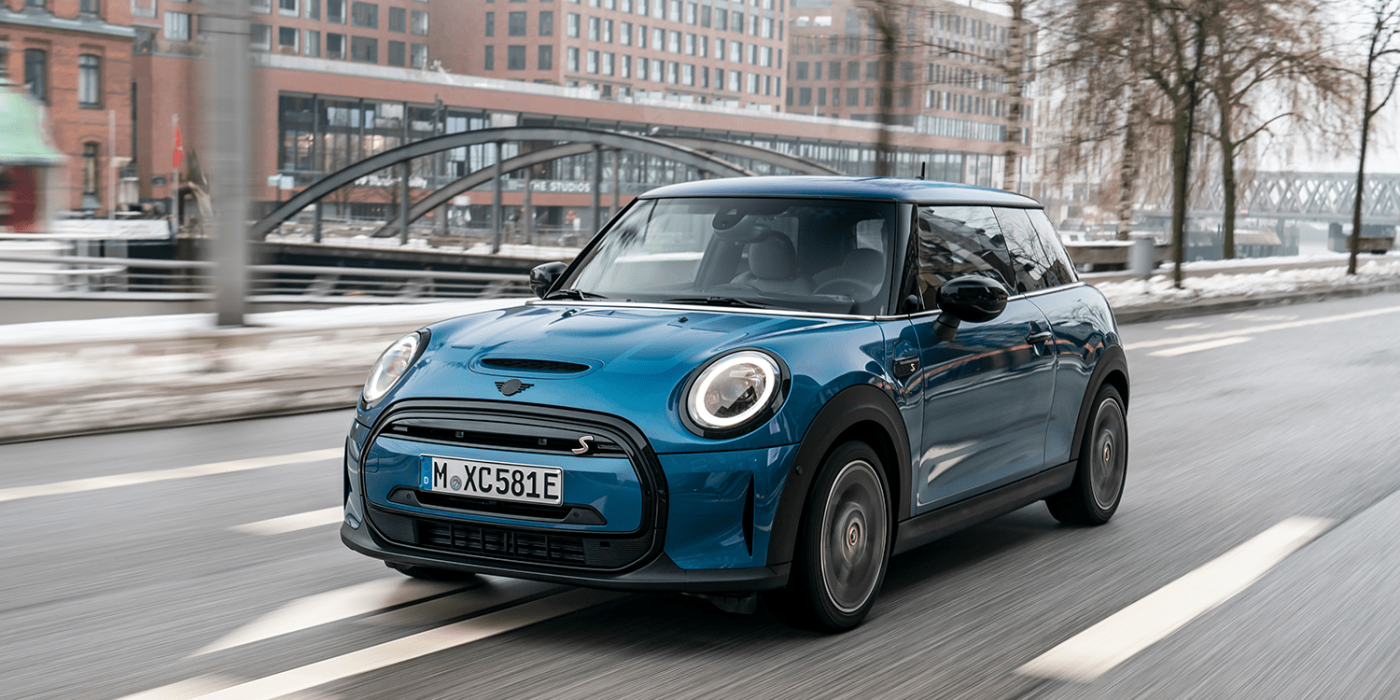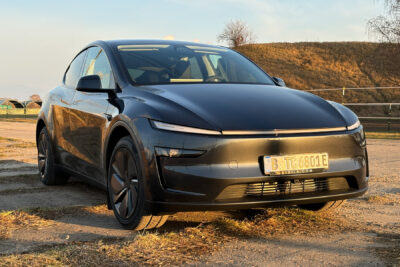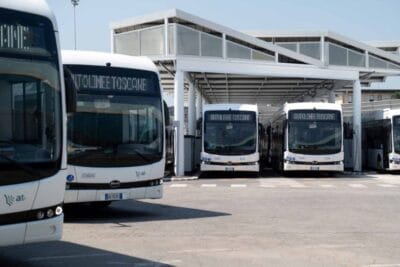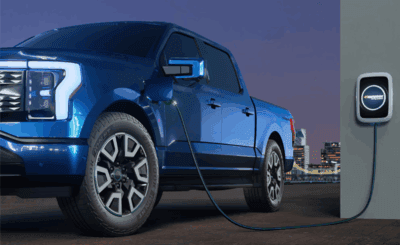Mini to make its last combustion engine in 2025
The BMW brand Mini has presented its strategy for the future. This reaffirms the previously announced goal of the BMW Group to have exclusively purely electrically powered models in the Mini range by the beginning of the 2030s. Now Mini is detailing just how it intends to achieve this goal.
Mini also reaffirms the statement that in 2025 the last new Mini model with a pure combustion engine drive will be launched on the market. In 2023, Mini will present the first model of a new generation of purely electrically powered vehicles. This is likely to be the Mini Countryman, which has already been announced for 2023, but more on this model in a moment.
Similar to Audi, there is no concrete target year for when the last combustion engine will be built – but it will be the model that is to be launched in 2025. Based on a normal product cycle of seven to eight years, Mini should become a pure EV brand in 2032/2033, although a normal product cycle is really only an assumption in this case. However, the BMW goal of making Mini electric by the early 2030s could be achieved in this way.
The future core portfolio of battery-electric vehicles will include the Mini three-door as well as one crossover model each in the small car and premium compact segments. Two models developed from the outset for purely electric mobility will be produced in China. Mini has not yet specified which models these will be. But the intention is clear: with local production in China, the brand wants to be able to “participate more strongly than before in the dynamic growth on the Chinese car market”.
In Europe, the successor to the current Mini Countryman will be built at the BMW plant in Leipzig from 2023 onwards with both “electrified drive and combustion engines”. Companies like to use the phrase with electrified drives to describe a hybrid or plug-in hybrid. In the case of the Countryman, however, BMW had already confirmed that the next generation of the model will also come with a battery-electric drive. Specifically, the Mini Countryman will be moved closer to the BMW X1, also built in Leipzig, which will also get a fully-electric version as the iX1.
In addition to increasing electrification, the BMW brand wants to reduce the CO2 footprint per vehicle over the entire product life cycle as a “clear commitment to sustainability”. According to the statement, this includes targets for the supply chain (-20 per cent CO2 by 2030), the exclusive use of green electricity in production (80 per cent CO2 is to be saved in production by 2030), but also a “steadily growing proportion of natural and recycled materials in the vehicles”.
“Mini was always the answer to very special challenges for individual mobility. And the willingness to rethink the status quo defines the brand to the present day,” says brand CEO Bernd Körber. “Alongside electromobility, the development of new target groups and sales markets is a key factor for the future of Mini.”





0 Comments